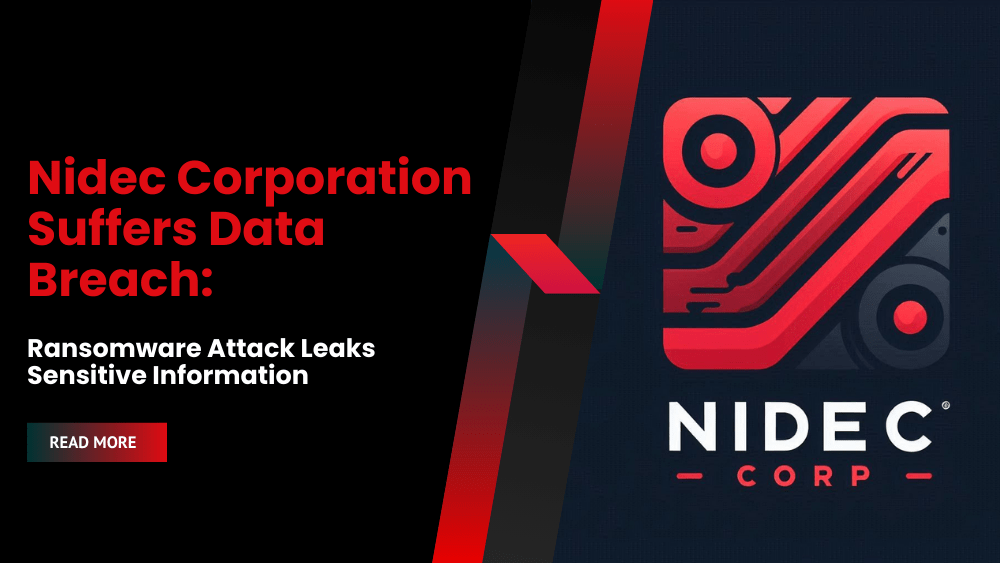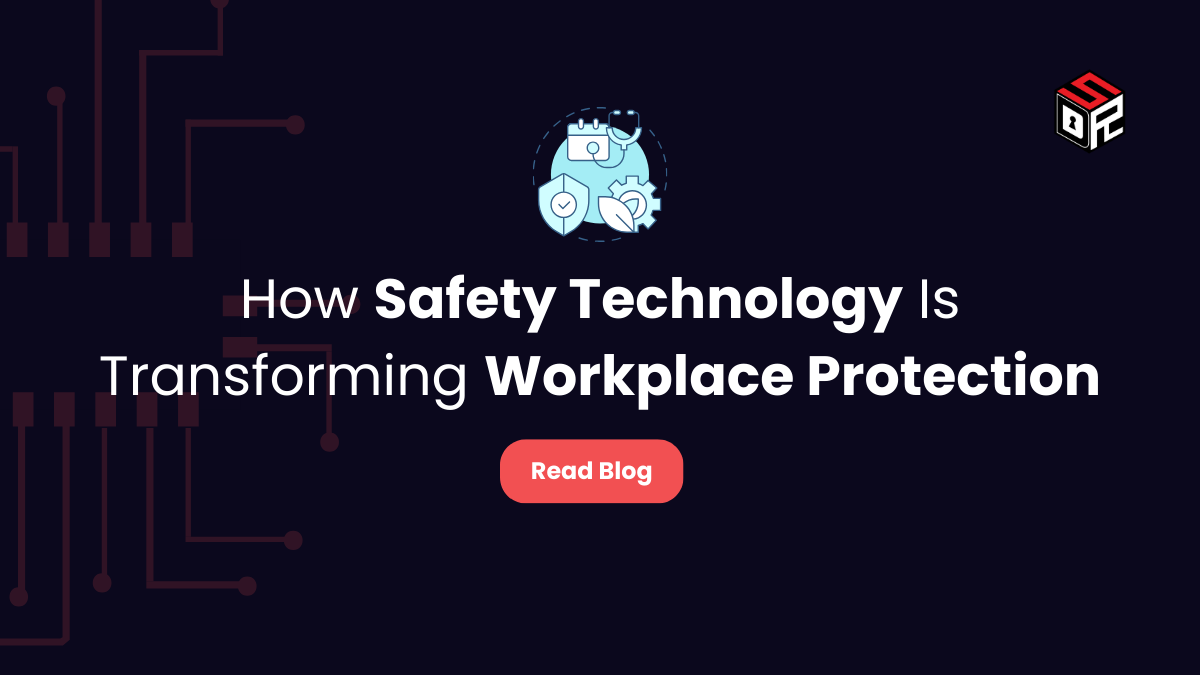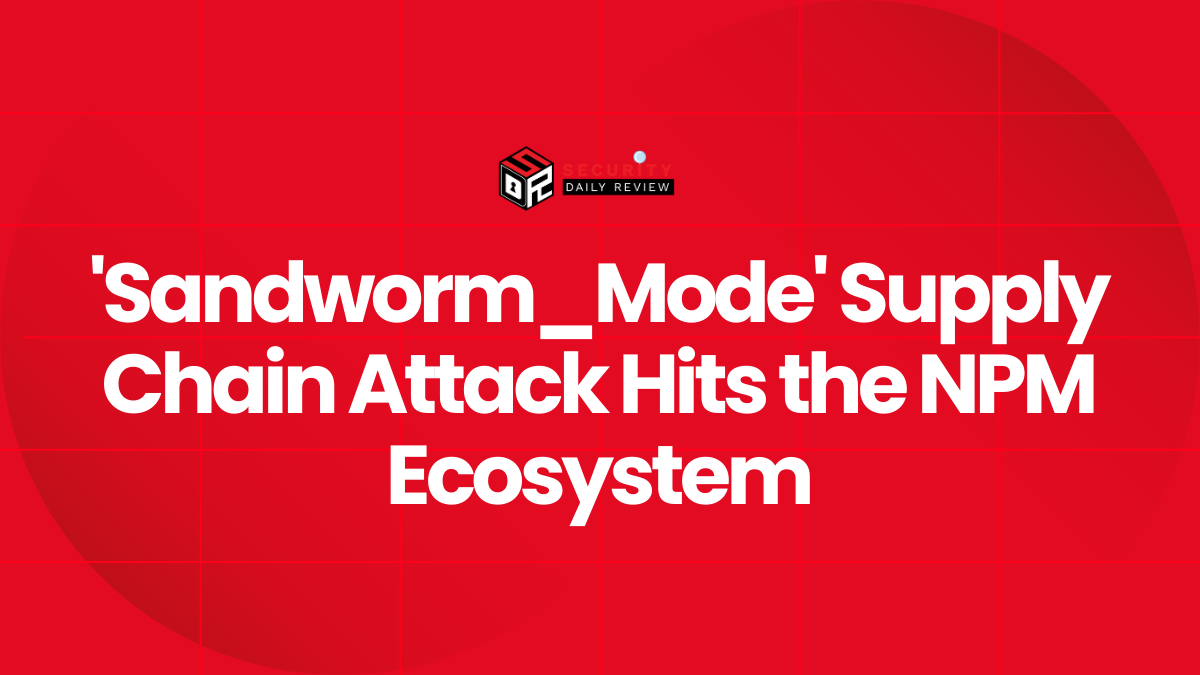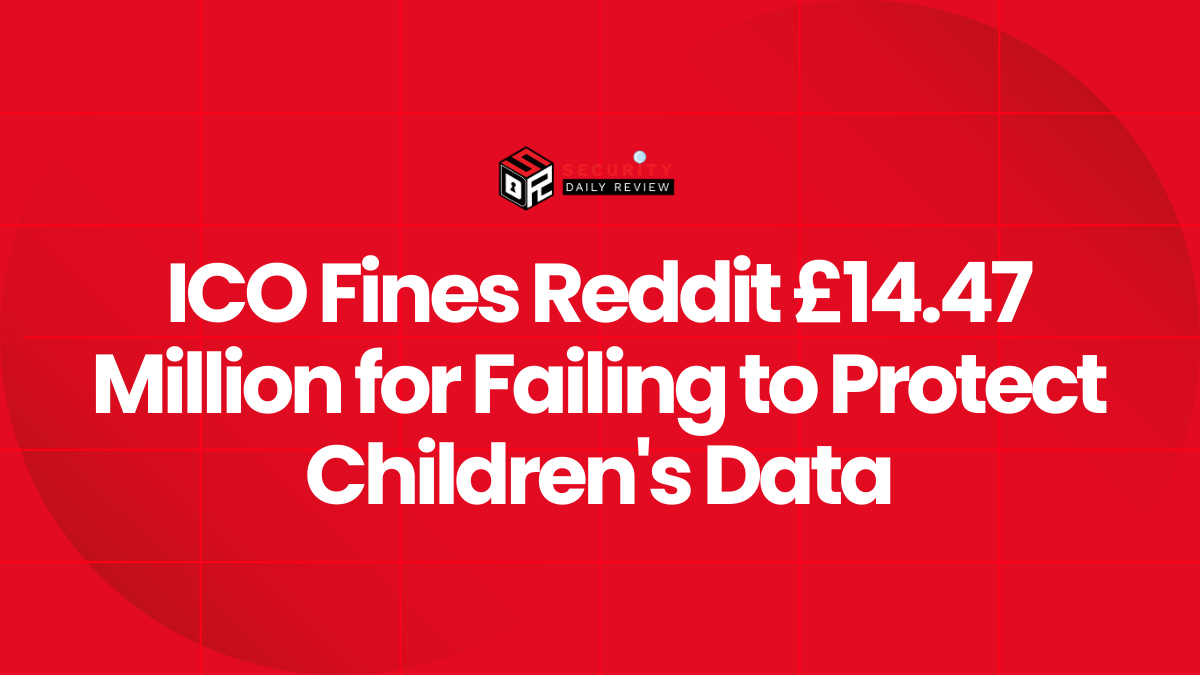A significant data breach at Nidec Corporation, a Japanese multinational specializing in electric motor technology, has resulted in the leak of sensitive company data onto the dark web.
The incident, which began earlier in 2024, involved the theft of valid VPN credentials from a Nidec employee, granting unauthorized access to a server containing confidential information. While initially described as a ransomware attack, it’s crucial to clarify that no systems were encrypted. The attackers focused solely on exfiltrating data before departing.
The Attack Compromised VPN Credentials With Data Exfiltration
The attack began with the compromise of a Nidec employee’s VPN account. This seemingly simple breach provided the attackers with the necessary access to penetrate Nidec’s network. Once inside, the threat actors systematically stole a large volume of sensitive files. The lack of system encryption indicates a targeted data theft, rather than a typical ransomware attack aiming for disruption and financial gain through encryption.
The stolen data included a substantial amount of sensitive information, totaling 50,694 files. This treasure trove of confidential information encompassed a wide range of documents, including:
- Internal documents
- Letters from business partners
- Documents related to green procurement
- Labor safety and health policies
- Business documents (purchase orders, invoices, receipts)
- Contracts
This breadth of stolen data underscores the severity of the breach and the potential for significant consequences for Nidec and its partners.
The Actors Involved: 8BASE and Everest
Initially, the ransomware group 8BASE claimed responsibility for the attack, alleging that Nidec had downplayed the extent of the data breach and that they possessed a “huge amount” of confidential files. However, 8BASE’s attempts at extortion proved unsuccessful.
The stolen data was subsequently leaked by another threat actor, Everest, a group known for its expertise in extortion negotiations. This suggests that 8BASE, after failing to secure a ransom payment, likely outsourced the data leak to Everest.
The involvement of two distinct threat actors—8BASE, initially responsible for the breach, and Everest, responsible for the data leak—illustrates the evolving landscape of cybercrime. This collaboration underscores the need for organizations to prepare for complex, multi-stage attacks involving various actors with specialized skills. The incident serves as a stark reminder of the interconnected nature of cyber threats and the importance of comprehensive cybersecurity measures.
Nidec Precision: The Targeted Subsidiary
The cyberattack specifically targeted Nidec Precision, a Vietnamese subsidiary of Nidec Corporation. Nidec Precision focuses on the design and manufacturing of precision components for robotics, electronics, and industrial automation. The attack on this subsidiary highlights the vulnerability of even well-established multinational corporations to sophisticated cyberattacks. The attack’s focus on a specific subsidiary suggests a degree of targeting and reconnaissance by the attackers.
Lessons Learned: Cybersecurity Best Practices
The Nidec data breach serves as a cautionary tale for organizations of all sizes. The incident underscores the importance of:
- Robust password security: Implementing strong password policies and encouraging the use of unique, complex passwords for all accounts.
- Multi-factor authentication (MFA): Employing MFA to add an extra layer of security to accounts and prevent unauthorized access.
- Regular security audits: Conducting regular security assessments to identify and address vulnerabilities.
- Employee security awareness training: Educating employees about phishing scams, social engineering tactics, and other cybersecurity threats.
- Incident response planning: Developing a comprehensive incident response plan to effectively manage and mitigate the impact of security incidents.
The Nidec case highlights the critical need for proactive cybersecurity measures to protect sensitive data and prevent costly and damaging breaches. The failure to secure a ransom payment underscores the increasing effectiveness of robust security practices in deterring cybercriminals. The incident should serve as a wake-up call for organizations to prioritize cybersecurity and invest in the necessary resources to protect themselves from similar attacks.









